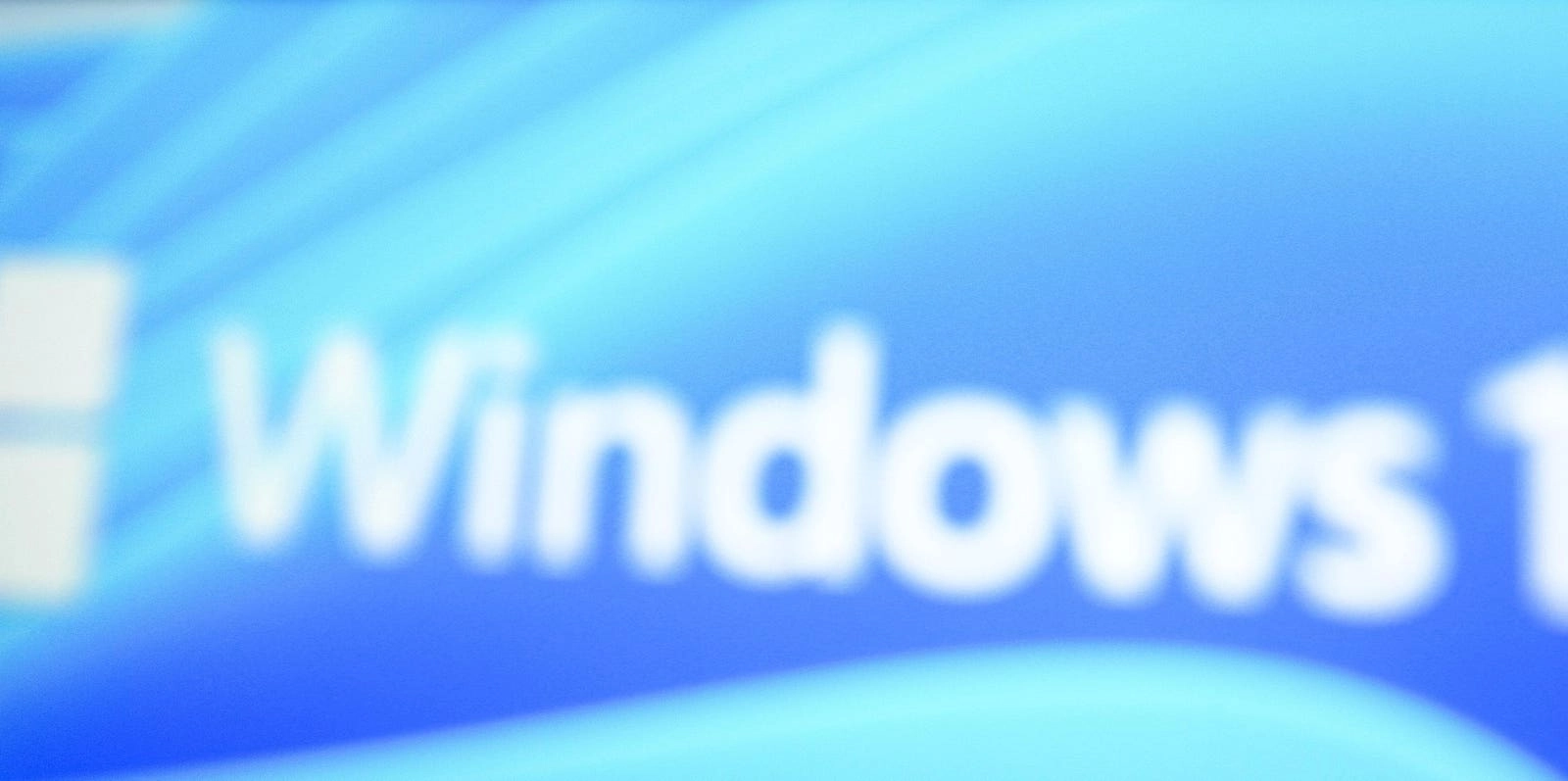New warning for Windows users as Microsoft’s controversial decision impacts them.
In the recent fortnight, users of Microsoft Windows have faced an onslaught of severe malware threats following a significant Patch Tuesday, closely followed by numerous alerts from U.S. governmental agencies. This period is critically ill-timed for even contemplating the cessation of continuous security support, yet hundreds of millions may soon have no other alternative.
The subject in question is the end of life for Windows 10, scheduled for next October, which places numerous Windows users in a tough spot as they delay upgrading to Windows 11. The hesitation stems from either a lack of desire or the insufficiency of their devices to meet the stringent security requirements set by Microsoft for the upgrade.
Many users are pondering if these stringent security prerequisites will be softened as the deadline approaches to encourage a larger number of upgrades. Alternatively, there might be discussions on whether Microsoft will offer any form of free extension period, besides the potential costly paid upgrades that could also be introduced.
Unfortunately, for any Windows 10 users hoping for such changes last month brought more bad news over and above Patch Tuesday. Microsoft dashed hopes by shutting down the well-publicized “/product server” workaround that tricked the Windows setup process into completely ignoring its usual hardware tests.
At the time, I commented on Forbes that “Microsoft’s new workaround decision seems to be a confirmation of its intent, maintaining its firm stance where Windows 11 hardware is confirmed… which is bad news for the 70% of all Windows users staring down the barrel of October 2025.”
XDA Developers has now suggested that “using unsupported hardware on Windows 11 is only going to get more miserable,” and their reasoning—if right—should be another warning for Windows 10 holdouts that Microsoft is unlikely to relent.
There is the obvious benefit for Microsoft, the site says, in “forcing people who want to continue to get official support to hop to Windows 11 [which] would drive PC sales,” but “there’s another layer that’s in play here.”
This “other play” is AI—what else. “Microsoft is going all-in on its AI strategy, creating what’s called ‘Copilot+ PCs’ that have enhanced AI tools that utilize a system’s NPU. Right now, there aren’t too many Copilot+ PCs out there, but give the company just over a year and there should be a lot more.”
A few hundred million PC upgrades will equate to a serious increase in the number of Copilot + PCs knocking around, so the theory goes, and it’s hard to argue the logic. Especially when the tidy, monthly revenues from AI subs come into view.
Unplanned though it likely is, there’s certainly something mightily convenient about a generational shift in the requirement for PC hardware coinciding with a separate, generational shift in recurring AI revenues—rather like your connecting flights arriving and connecting from adjacent gates.
Two other stories in the last week provide some neat, additional context. First is the resurgence of Recall. This constant stream of screenshots of everything done on your PC—good and bad—should enable an AI engine to summon up anything through a simple prompt. Unsurprisingly, it was labeled a privacy nightmare when it was first mooted. Now with some more security protections and opt-outs and even (possibly) an option to uninstall, it’s coming back—at least for more advanced users to test.
The latest enhancement for Windows 11 may soon index all video and audio files stored on a PC to facilitate advanced searching capabilities. This development suggests a future where your PC becomes an essential repository for all your memories, managed by advanced Microsoft AI technologies. This is a concerning shift for those who continue to use outdated operating systems that are no longer supported.
The next year promises significant developments within the Windows environment, highlighting the adoption of new AI features like Recall and assessing the impact of Windows 11 upgrades on reducing the considerable existing disparities.
“Whatever happens,” XDA Developers cautions the 70% of Windows users still on older versions, “the experience of using Windows 11 on unsupported hardware is likely to become increasingly difficult.”
One Community. Many Voices. Create a free account to share your thoughts.
Our community focuses on fostering connections through open and thoughtful discussions. We encourage our readers to openly share their perspectives, exchange ideas, and discuss facts within a respectful environment.
Please adhere to the posting guidelines as stipulated in our site’s Terms of Service. Below are some crucial guidelines to follow to maintain civility in our discussions.
Your contribution will not be accepted if it appears to include prohibited content.
Furthermore, user accounts will be suspended if there is evidence or suspicion of engagement in disallowed activities.
So, how can you be a power user?
Thanks for reading our community guidelines. Please read the full list of posting rules found in our site’s Terms of Service.
